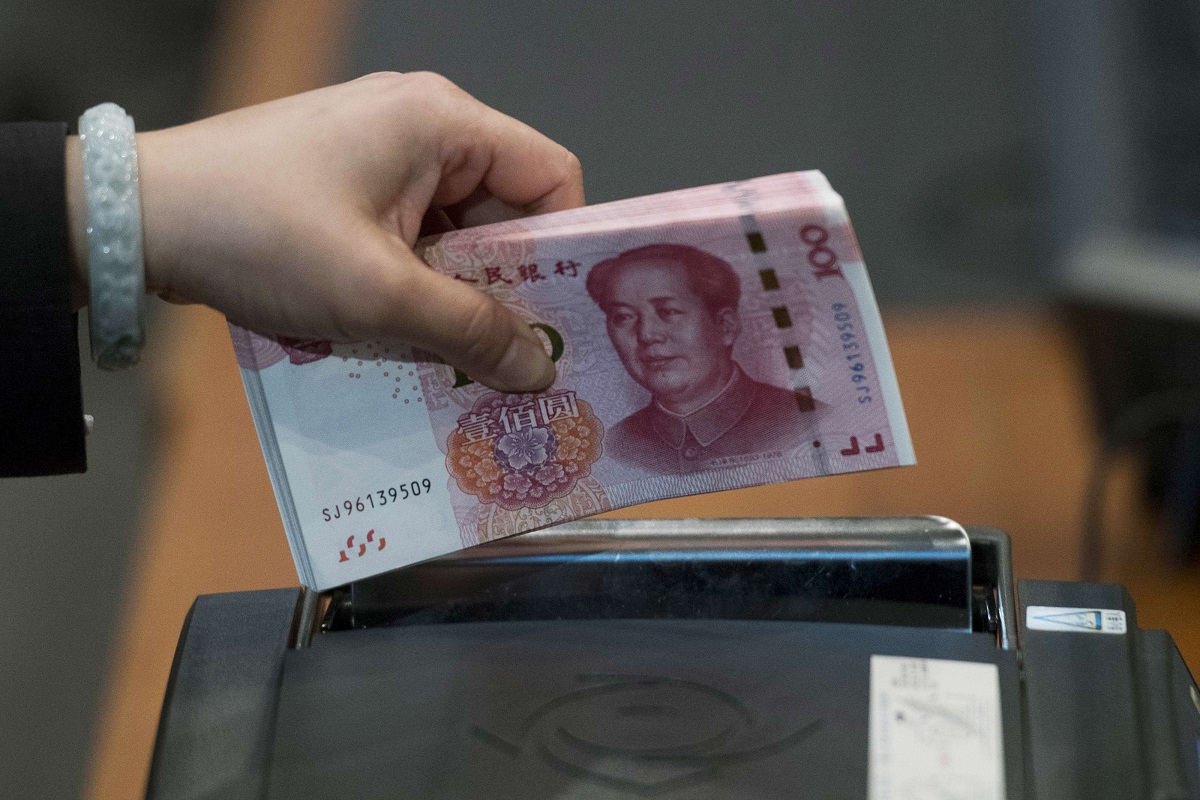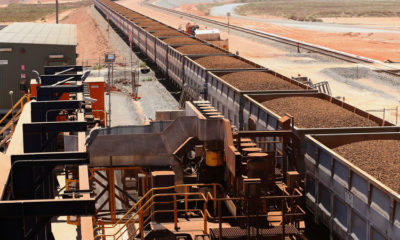Forex
Offshore Yuan Drops on PBOC Move; Japan Shares Fall: Market Wrap

Forex
SEC and ABCON Explore Collaboration for ‘Kolectyomoni’ Digital Currency Platform
Naira
Black Market Dollar to Naira Exchange Rate Today 16th May 2024
The black market, also known as the parallel market or Aboki fx, US dollar to Nigerian Naira exchange rate as of May 16th, 2024 stood at 1 USD to ₦1,560.
Naira
Black Market Dollar to Naira Exchange Rate Today 15th May 2024
The black market, also known as the parallel market or Aboki fx, US dollar to Nigerian Naira exchange rate as of May 15th, 2024 stood at 1 USD to ₦1,530.
-



 Naira4 weeks ago
Naira4 weeks agoDollar to Naira Black Market Today, April 18th, 2024
-



 Naira3 weeks ago
Naira3 weeks agoDollar to Naira Black Market Today, April 24th, 2024
-



 News4 weeks ago
News4 weeks agoARISE News Channel Goes Global: Launches in Nine Southern African Countries
-

 Travel4 weeks ago
Travel4 weeks agoAir Peace Flight Delayed, Passengers Stranded After Failed Promise of Hotel Stay
-





 Naira4 weeks ago
Naira4 weeks agoDollar to Naira Black Market Today, April 22nd, 2024
-

 Naira3 weeks ago
Naira3 weeks agoDollar to Naira Black Market Today, April 25th, 2024
-



 Jobs3 weeks ago
Jobs3 weeks agoJob Cuts Hit Tesla: More Than 6,000 Positions Axed Across Texas and California
-



 Travel3 weeks ago
Travel3 weeks agoSaudi Arabia Breaks 70-Year Alcohol Ban, Opening Shop for Diplomats




















